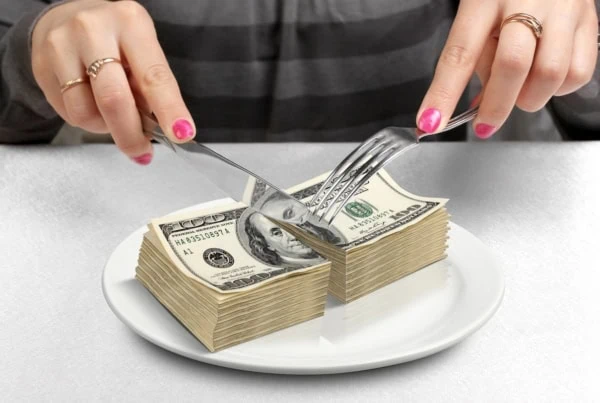Does it feel like you’re being nickeled-and-dimed more than ever?
You’re not overreacting. Not only are many prices higher while goods are shrinking and services are declining in quality, but many goods and services that were once provided for free are now only available at a cost.
Today, these expenses have been unbundled, repackaged, and presented to you as “options,” “add-ons,” and “premium services.” But don’t be fooled—at some point or another, providing these freebies was simply the cost of doing business, and a boon to the consumer.
Nostalgia, take the wheel: Here are 10 freebies that have gone the way of the dodo.
Featured Financial Products
Examples of How the Golden Age of Free is Over

It might surprise you to find that some of the expenses you pay without a second thought were once included for free with a purchase. For those who remember those times, it can feel particularly frustrating to pay for what was once free.
These are some examples of products or services that were once free, but now consumers are expected to foot an extra bill for. How many of these freebies of times past do you remember?
Do you want to get serious about saving and planning for retirement? Sign up for Retire With Riley, Young and the Invested’s free retirement planning newsletter.
1. Airline Baggage
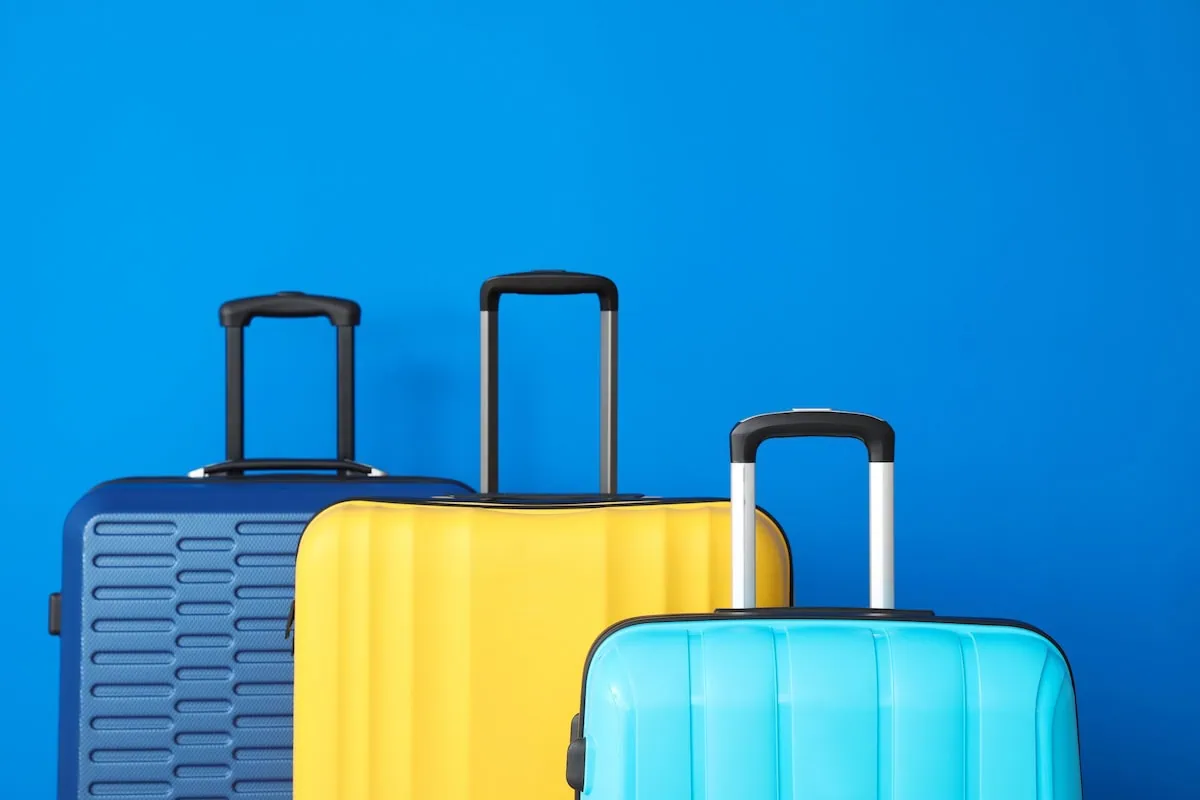
Once upon a time, airlines across the board didn’t charge bag fees—that cost was already baked into your ticket price. However, during the aughts, some discount airlines began charging for checked luggage. Then in 2008, American Airlines became the first of the “Big Four” airlines to begin charging fees for all checked bags.
Just two years later, Spirit Airlines cracked another free service when it slapped fees on carry-on bags. Other airlines followed suit soon thereafter.
It’s not much of a hardship for people who pack light and have a personal bag—indeed, including checked bags, in a way, subsidizes others who pack more heavily. But seasoned travelers who were in the air decades ago remember what they’ve lost.
Regardless of whether you agree with the change, this lost freebie almost certainly isn’t coming back.
2. Choosing Airline Seats
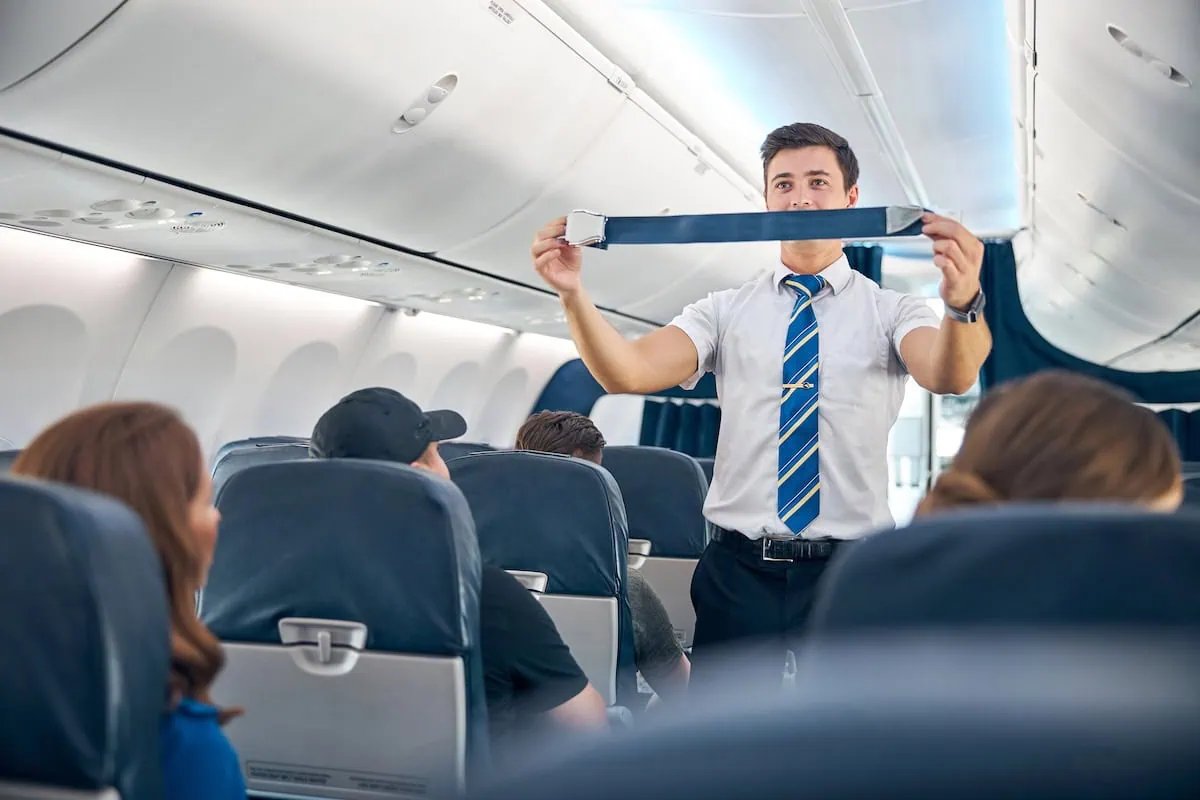
Another airline freebie we all took for granted was seat selection.
If you’re flying with someone else, you probably want to sit next to them. Or you might just have a strong preference for window or aisle seats. Tall flyers sometimes need extra leg room. For many reasons, airline customers prefer to have some say in where they sit.
This was a given until 2008, when some budget airlines started testing out extra charges for seat selection. Since then, seat charges have become downright lucrative. Consider this, from a 2024 report by the Senate’s Permanent Subcommittee on Investigations (PSI):
“Previously undisclosed airline data provided to PSI show that seat fees, which did not exist at most airlines 20 years ago, generated $12.4 billion in revenue for American, Delta, United, Frontier, and Spirit collectively between 2018 and 2023.”
Even Southwest Airlines, which had set itself apart for not having assigned seating, is making changes. Beginning in January 2026, Southwest flights will have assigned seats. A-List or A-List Preferred Customers, as well as some Rapid Rewards Credit Card members, will be able to choose their seats without extra cost. But other customers’ ability to choose their seat will depend on the “fare bundle” they choose.
Related: 8 Ways Travel Can Be More Expensive for Senior Citizens
3. Phone Chargers
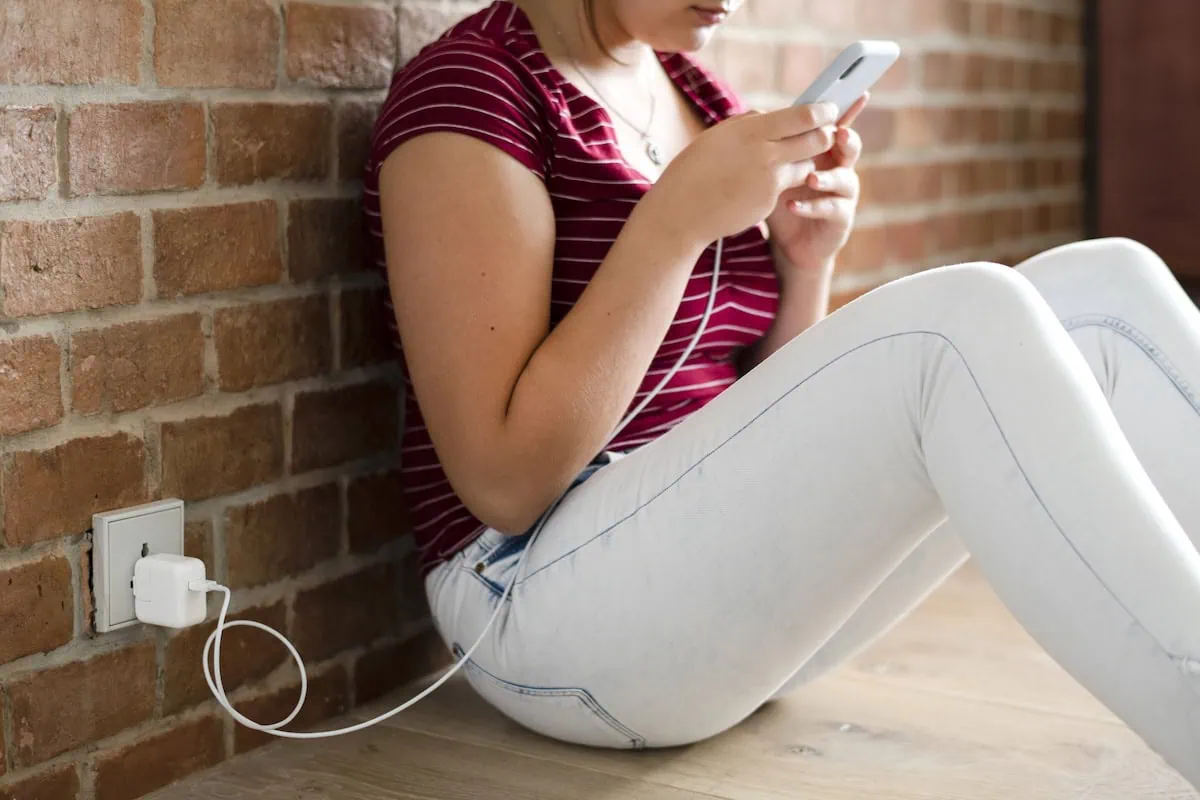
Just a few years ago, when you bought a phone, it would come with a charger—a fitting accessory seeing as how the phone needs to, well, charge to keep working.
However, starting with its 2020 iPhone 12 lineup, Apple no longer included the free charger. Its reasoning? Most people already had chargers from older phones and thus the move would reduce waste, and thus be more environmentally friendly. Of course, they also stopped giving out free wired EarPods as part of its push to nudge customers into paying for more expensive wireless AirPods.
Samsung quickly followed suit, excluding chargers from the flagship Galaxy S21 series in 2021.
So now, when you buy a premium phone, you have to pay even more money if you actually want to use it for longer than the initial battery charge. It’s easy to see the benefit to Apple and Samsung, who made billions of dollars in extra profits this way. But consumers clearly lost out on a vital freebie.
Related: What Is the 90/90 Minimalism Rule?
4. Single-Use Plastic Grocery Bags

Free bags at the grocery store have been a staple for longer than most of us have been alive. But it’s an increasingly popular practice for counties and cities to ban single-use plastic grocery bags, and for grocery stores to charge for these bags, as a way to discourage their use.
Why? Single-use plastic bags are terrible for the environment; banning them or making customers pay for them increases the chances that they will opt for reusable bags instead.
Between 2017 and 2023, U.S. plastic bag policies led to a 25% to 47% decrease in plastic bags as a share of total cleanup items collected relative to areas without plastic bag policies, according to a study by Anna Papp and Kimberly Oremus published in the journal Science.
Generally, reducing plastic use is a popular stance. In 2022, Oceana released the results of a nationwide poll about single-use plastic. About 81% of respondents said they support national policies that reduce single-use plastic and the same amount support local and state policies.
In other words? This is one freebie that’s disappearing in some places—but some people are OK with that.
Related: 10 Best Trader Joe’s Shopping Tips
Featured Financial Products
5. Street Parking
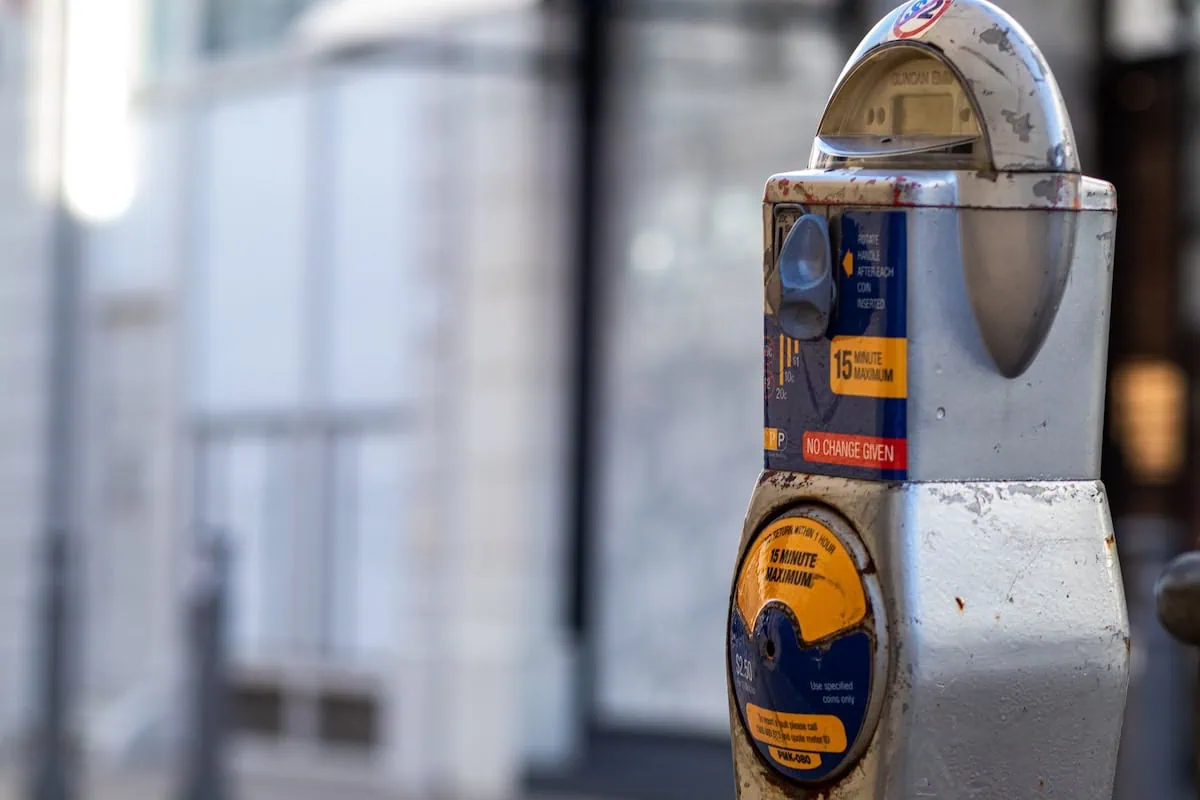
Free street parking still exists in many places, but it’s becoming increasingly less common in cities.
The roadmap for most cities is similar to Salem, Oregon, which in July 2025 ceased free parking in its Downtown Parking District. Drivers instead must pay for parking with coins or a card at a parking meter, or via an app (in this case Beep Beep Salem). The goal is similar, too: address funding shortfalls and increase parking availability.
If you plan to visit a city where you’re unfamiliar with the street-parking situation, look into it ahead of time or assume you’ll need to pay (and be happy if you’re wrong). While some cities still use classic coin-operated parking meters, many have moved to card payment and/or apps—and in many cases, only let you pay with apps.
Related: Frugal vs. Cheap: What’s the Difference?
6. Online News

As the internet gained popularity in the early aughts, news outlets started posting some, most, or even all of their articles online for free.
However, as print revenues fell and digital reading rose, publishers needed to do something, so in the mid-2010s, paywall models began to proliferate. Some major outlets held out longer before making the switch, such as CNN, which put up its paywall in 2024.
Some news outlets use a “freemium” model where some content is free but premium content is locked unless you pay. Others, like CNN, have a “metered” strategy where you can get a set amount of free articles over a predetermined period, but anything above that requires a membership. And still others have strict paywalls that won’t allow you to view anything without a gift link or subscription.
While some sites remain completely free to use, AI results from Google and other search platforms are shrinking traffic to the very sites their results are “trained” on, making it even likelier that many news providers will convert to paywall structures.
Related: 10 High-Paying Jobs You Can Get With ‘Vanity Degrees’
7. Paying With a Credit Card

Every time you’ve swiped a credit card at a business, that business was charged a transaction fee. That transaction fee is how credit card companies make money (for reference, swipe fees account for more than 2% of a transaction, on average), and historically, many sellers either absorbed the fee or incorporated some or all of that cost into their pricing.
But a 2013 lawsuit forced credit card processors to allow for surcharges specifically meant to recoup some or all of those costs. And as swipe fees have grown in size and frequency, more businesses have elected to levy these upfront surcharges.
On the upside, you can still avoid these fees by paying with cash or a debit card, but then you lose credit card protections and any rewards you might have earned.
Related: Is It Better to Pay With Cash or a Credit Card? The Answer: It Depends
8. Compressed Air for Tires
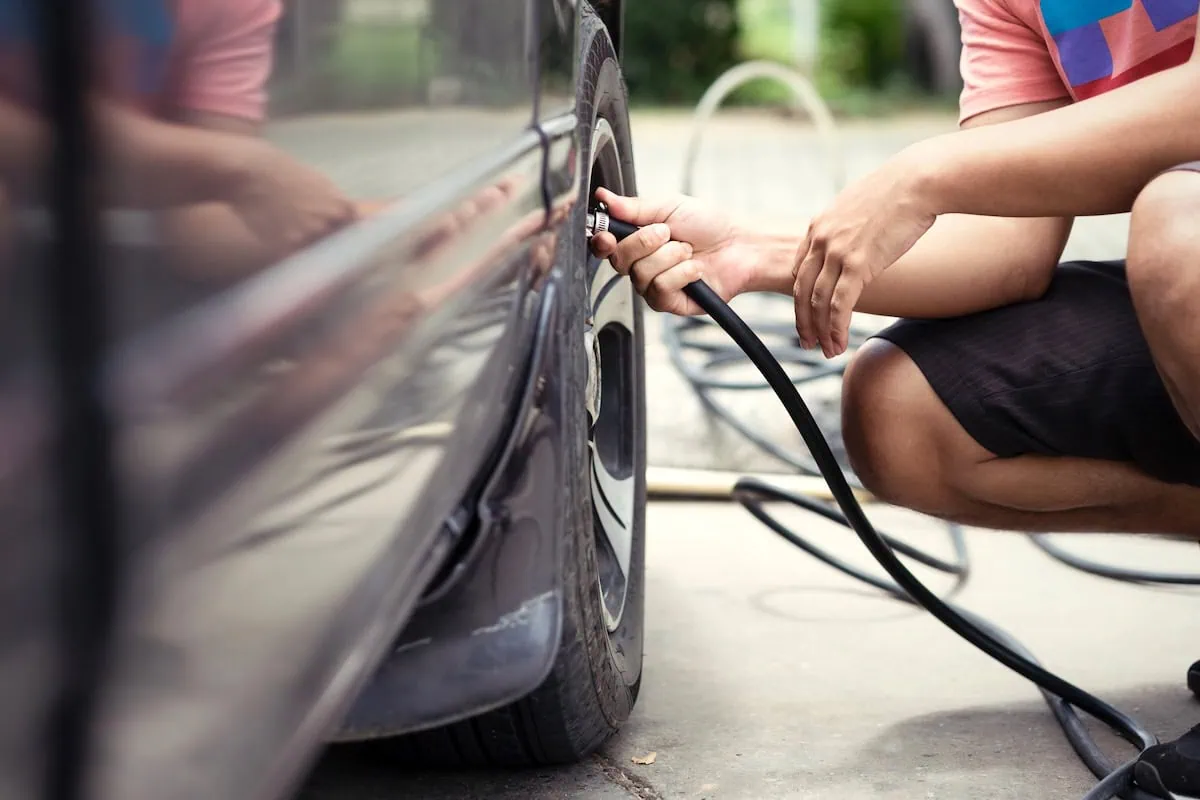
Maintaining proper tire pressure is among the car maintenance tasks that save you money in the long run. Once upon a time, gas stations commonly offered compressed air for free, but it’s becoming increasingly more mainstream to charge. That price might be a mere quarter, but it could also be a few dollars.
Many places still give you compressed air for free. If you live in California, the law says service stations must make compressed air free during operating hours if a customer has purchased vehicle fuel. In Connecticut, air must also be free to “any individual requesting to use it to inflate tires.”
If you live outside those or any other states that require free air, the website FreeAirPump will show you where you can find gas stations that don’t charge for it.
Related: 10 Senior Discounts for Restaurants + Grocery Stores
9. Resort Amenities

Besides providing lodging, resorts usually offer a variety of amenities (such as spa services and restaurants) and experiences (such as workout classes). These amenities once were included in the price of a stay, but starting in the mid-1990s, resorts increasingly started tacking these costs onto the bill.
Today, resort fees are among the most insidious junk fees you’ll find. These additional charges can range from $20 to $90 per night. It’s a sneaky way to initially make a night’s stay seem more affordable on the initial listing cost. Indeed, now, even some basic hotels add resort fees.
Or at least, it was. On May 12, 2025, the FTC Rule on Unfair Deceptive Fees took effect. Now, “mandatory fees or charges must be included in the total price” when buying tickets or short-term lodging.
Resorts aren’t prohibited from charging these fees, but they’re required to be more transparent about it.
Related: 10 Frugal Habits That Make Retirees’ Lives Better
10. Gift Wrapping

In the past, department stores used to offer free gift wrapping services.
Forget free—now you’re lucky to find anywhere that will do the wrapping for you period.
Worse? For years, as stores transitioned away from wrapping services (free or not), they were very generous about offering free gift boxes with purchases. But even that practice is becoming rarer by the year.
Related: 14 Interesting Millennial Retirement Statistics






